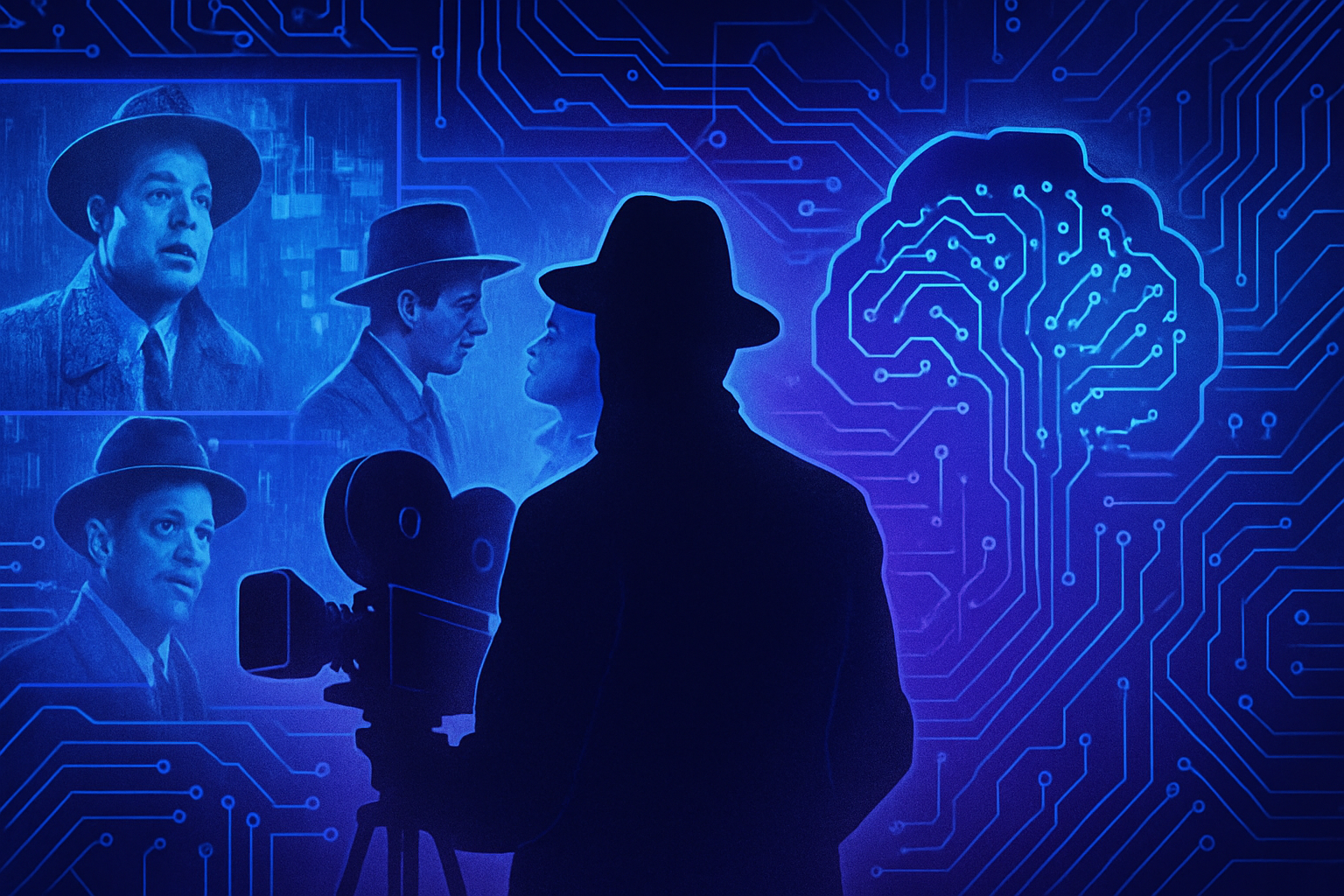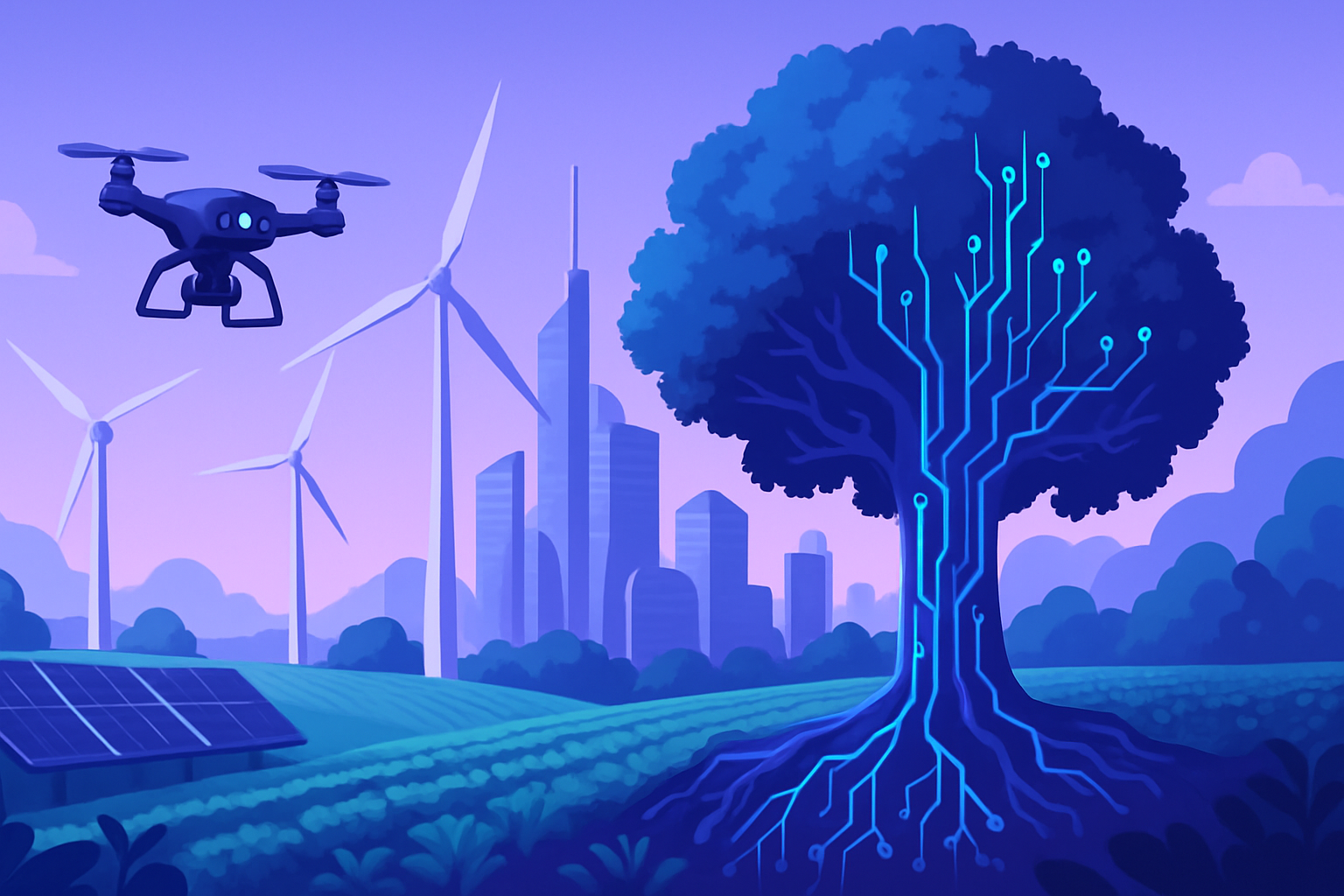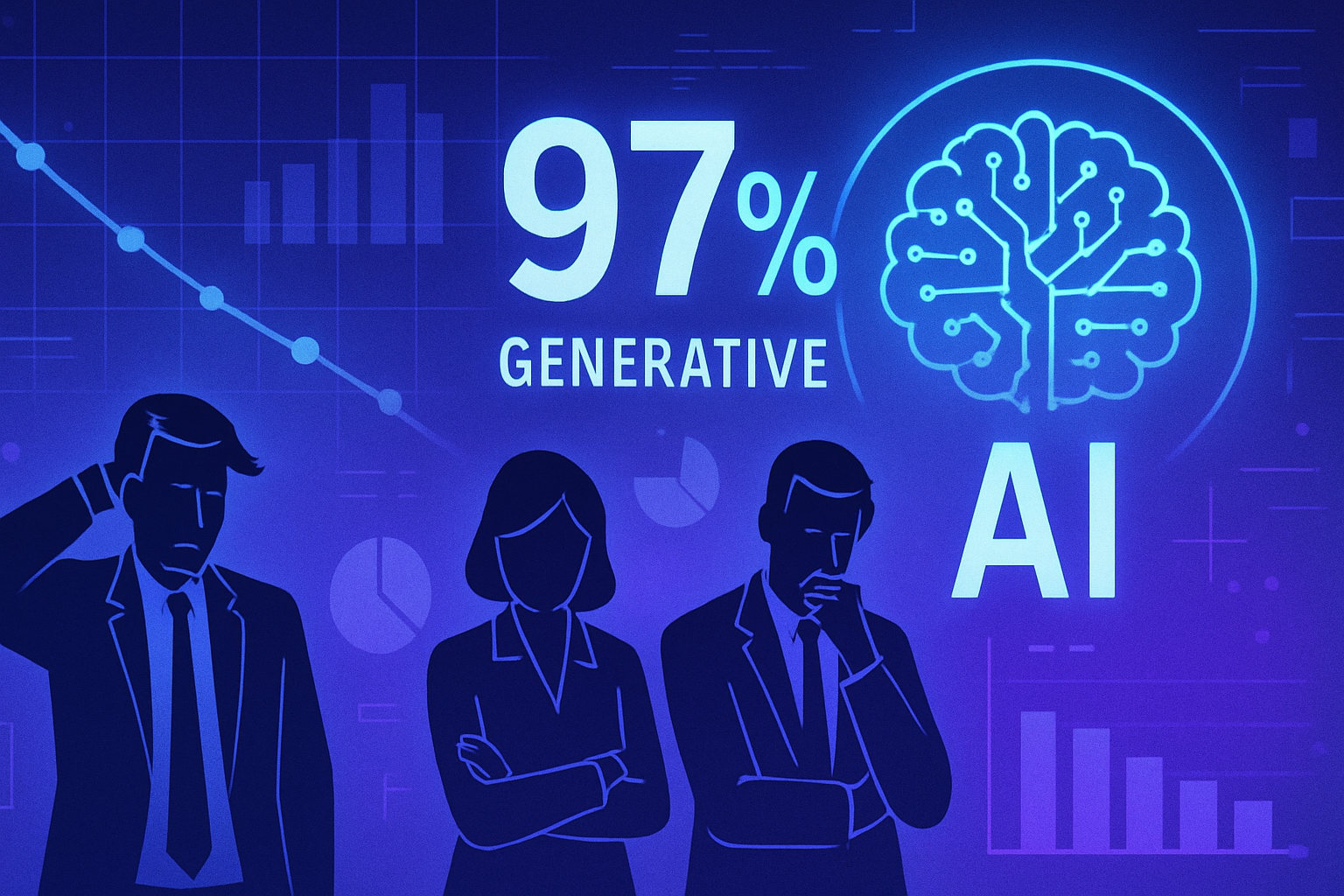Artificial intelligence is transforming contemporary professional dynamics, challenging the traditional work model. The CEO of Zoom proposes a bold perspective: a future where AI could significantly shorten the workweek. A significant reduction in work hours is on the horizon, thereby optimizing employee productivity. Leaders assert that AI facilitates automation, leading to a reorganization of job functions while fostering the emergence of new professions. Understanding these issues becomes essential to anticipate the mutations of the work world.
Artificial Intelligence and Workplace Transformation
The CEO of Zoom, Eric Yuan, recently made valuable remarks about the future impact of artificial intelligence (AI) on the workweek. According to him, the integration of new technologies could lead to significant adjustments in traditional work structures, particularly the reduction of the workweek’s duration.
Evolution of Job Tasks
Yuan’s observations highlight a paradigm shift in the professional world. On one hand, some job opportunities may disappear, while new ones could emerge thanks to AI. For example, the use of automation for coding tasks by junior engineers is becoming a reality. However, the management and oversight of this automation still require essential human skills.
Time Savings and Productivity
Technological advancements offer unprecedented possibilities for productivity. AI tools, such as automated note-taking systems, enable employees to free up valuable time. This increased efficiency could make the possibility of a four-day workweek viable, as several leaders have suggested. Iconic figures in tech, such as Bill Gates and Jensen Huang of Nvidia, have expressed similar forecasts.
Encouraging Forecasts
Recent studies anticipate significant reductions in work time. A Thomson Reuters survey revealed that professionals from various sectors hope to save up to 12 hours per week within the next five years. Considering a job over 48 weeks, this could translate into a gain of 200 to 600 hours per year, offering a new balance between work and personal life.
Perceptible Effects of AI Tools
The effects of artificial intelligence are already manifesting in everyday work life. A study by The Adecco Group demonstrated that AI is currently helping to save an average of one hour of work each day. Some companies even report savings of up to two hours daily. This time-saving dynamic promotes a redefinition of work, paving the way for more flexible schedules.
Challenges and Change Management
With the advantages of AI, new challenges are emerging. The need to oversee digital agents and ensure their proper functioning compels companies to consider appropriate strategies. The need for human actors to manage these digital environments underscores the importance of continuous training and constant adaptation.
What will the contours of tomorrow’s jobs be? This question is keenly debated among business leaders and economists. As AI redefines the employment landscape, organizations must be prepared to embrace these changes to remain competitive and innovative.
Discussions around reducing working hours raise an essential question. Business leaders envision a future where work could be concentrated over two or three days a week. This radical change could transform how individuals perceive their place in the working world.
To delve deeper into these fascinating topics, resources like this article on Alibaba’s AI model, or those concerning the impact of AI on daily life, can provide enriching perspectives.
The stakes of artificial intelligence are also accompanied by concerns. The rapid transformation of the professional environment could lead to unforeseen economic phenomena, such as a potential financial bubble. Studies on this topic, for example this analysis by economists, highlight the risks associated with this transition.
Frequently Asked Questions
How can artificial intelligence contribute to reducing the duration of the workweek?
Artificial intelligence can automate repetitive tasks and facilitate project management, allowing employees to focus on higher value-added activities and optimize their work time.
What types of positions can benefit most from this reduction in work duration thanks to AI?
Positions such as junior engineers and administrative assistants can greatly benefit from AI, which can handle routine operations, leaving more time for creative and strategic tasks.
What are the implications of AI on the work environment?
The integration of AI into the work environment can lead to a paradigm shift, where human-machine collaboration becomes common, fostering more flexible and dynamic working methods.
Is the reduction of the workweek realistic in the near future?
Yes, several business leaders, including those from Zoom and Nvidia, believe that reducing the workweek to four days is possible due to the productivity gains offered by AI in the coming years.
What skills will be essential for workers in the age of AI?
Skills in managing AI, creativity, and the ability to adapt to constantly evolving technologies will become crucial for success in the future workplace.
Could the reduction of work time impact the quality of work?
With better time management and a decrease in repetitive tasks, it is likely that the quality of work will improve, with employees having more time to focus on meaningful projects.
What AI tools could help achieve a shorter workweek?
AI tools such as digital assistants, automated project management software, and automatic grading platforms can help reduce the time spent on administrative tasks.
What will employees’ reactions be to a reduction in the length of the week?
Most employees may view this option positively, as it would offer a better balance between work and personal life, but organizational adjustments may be necessary.






